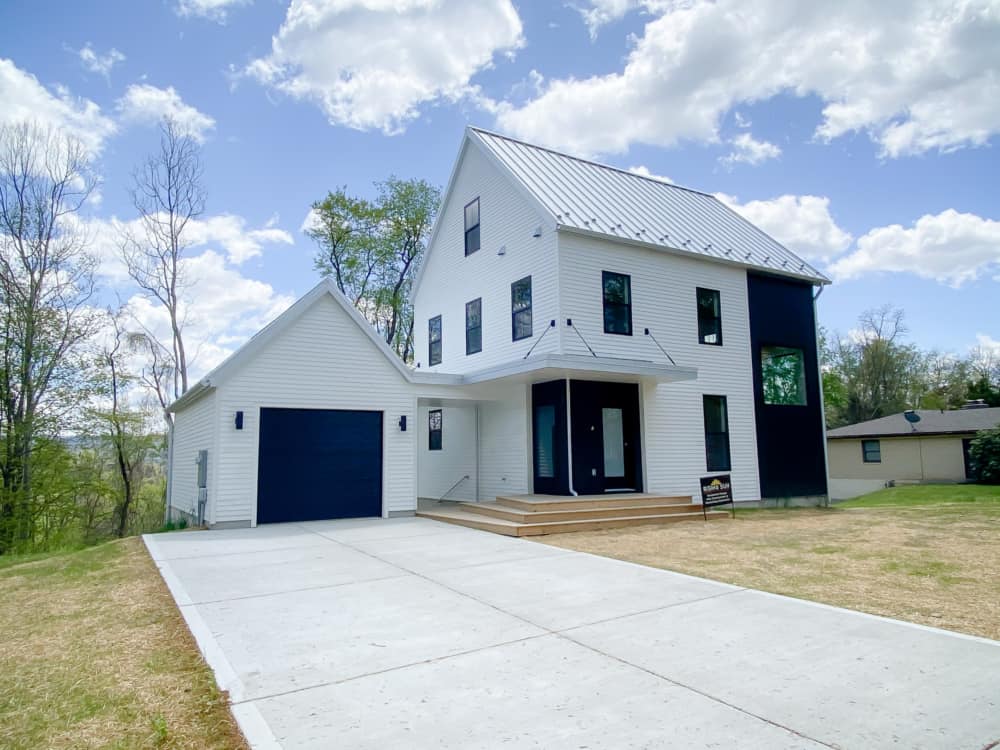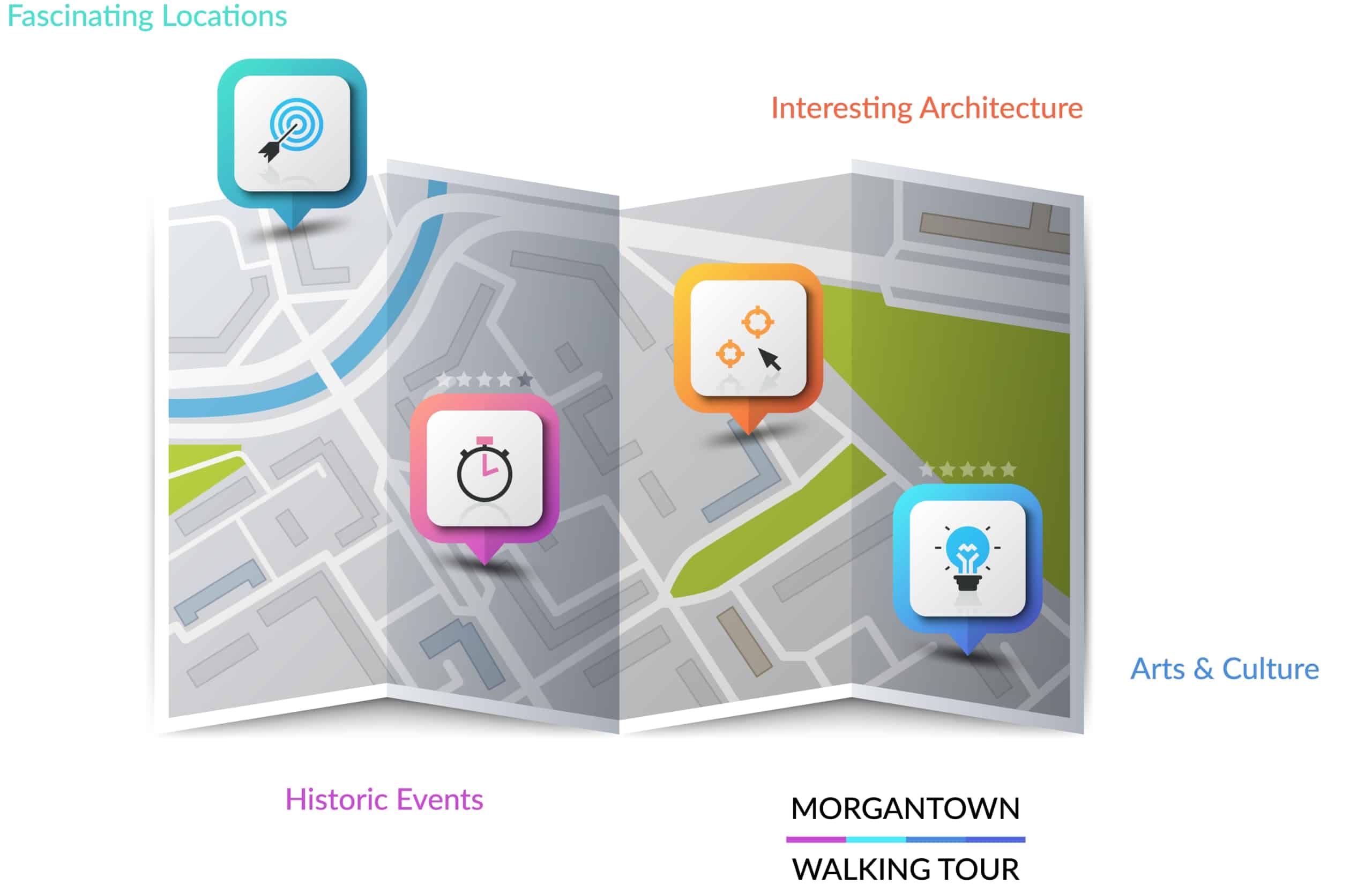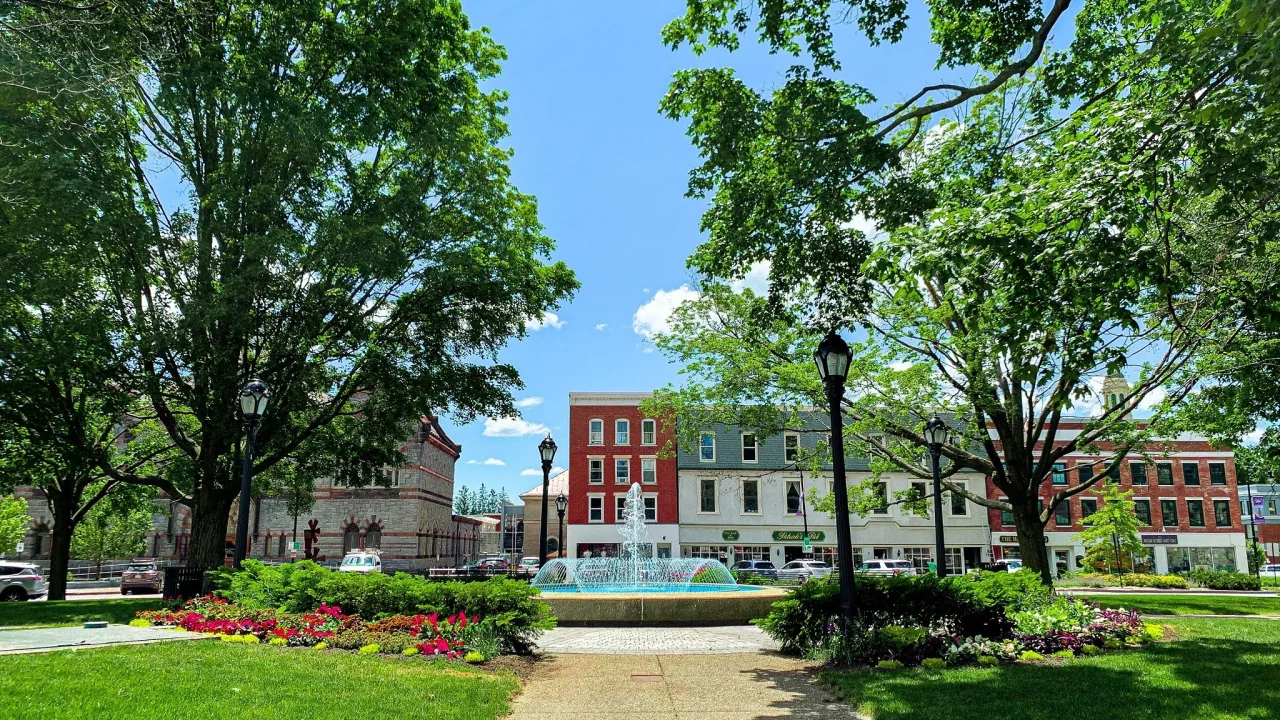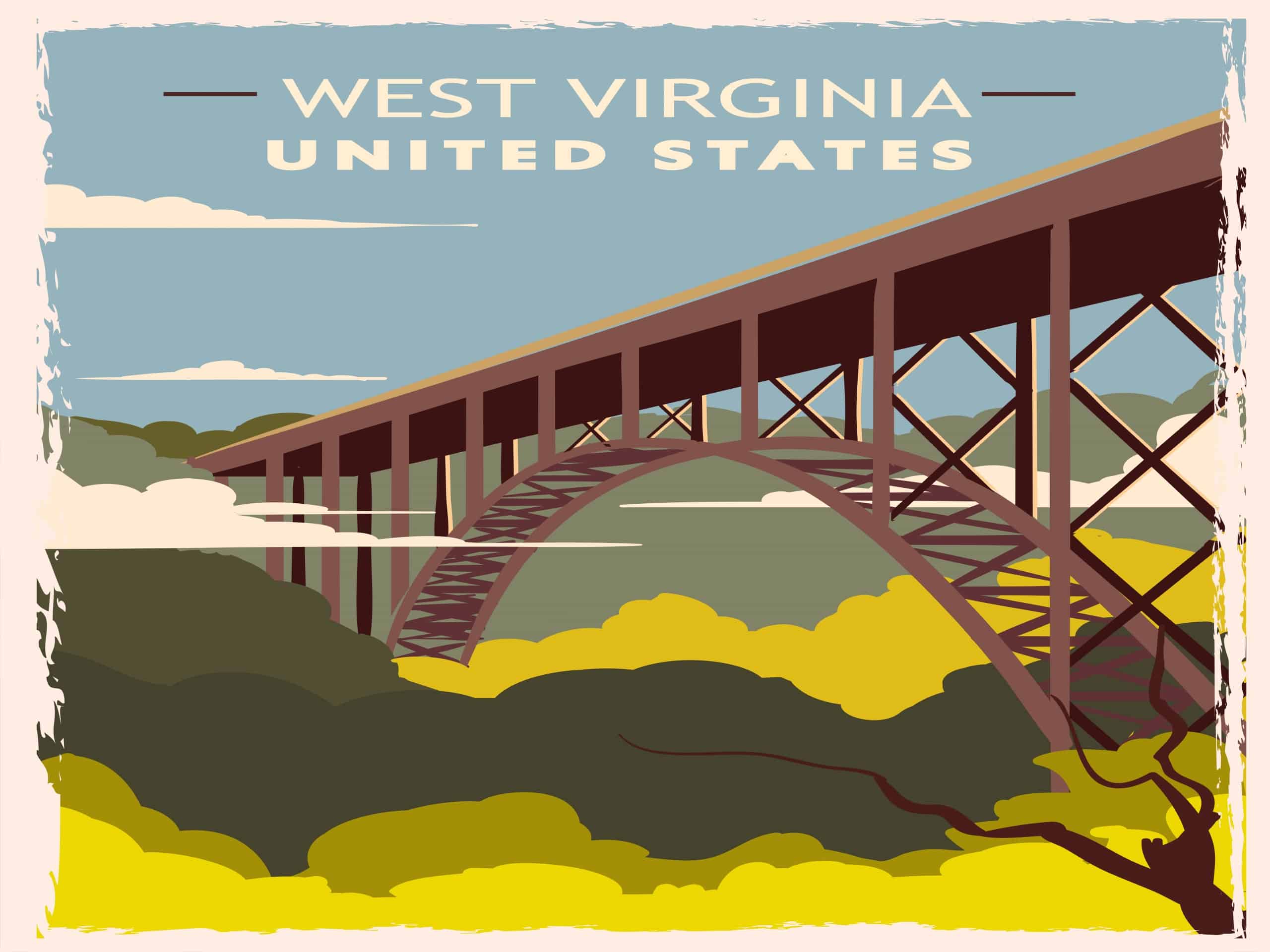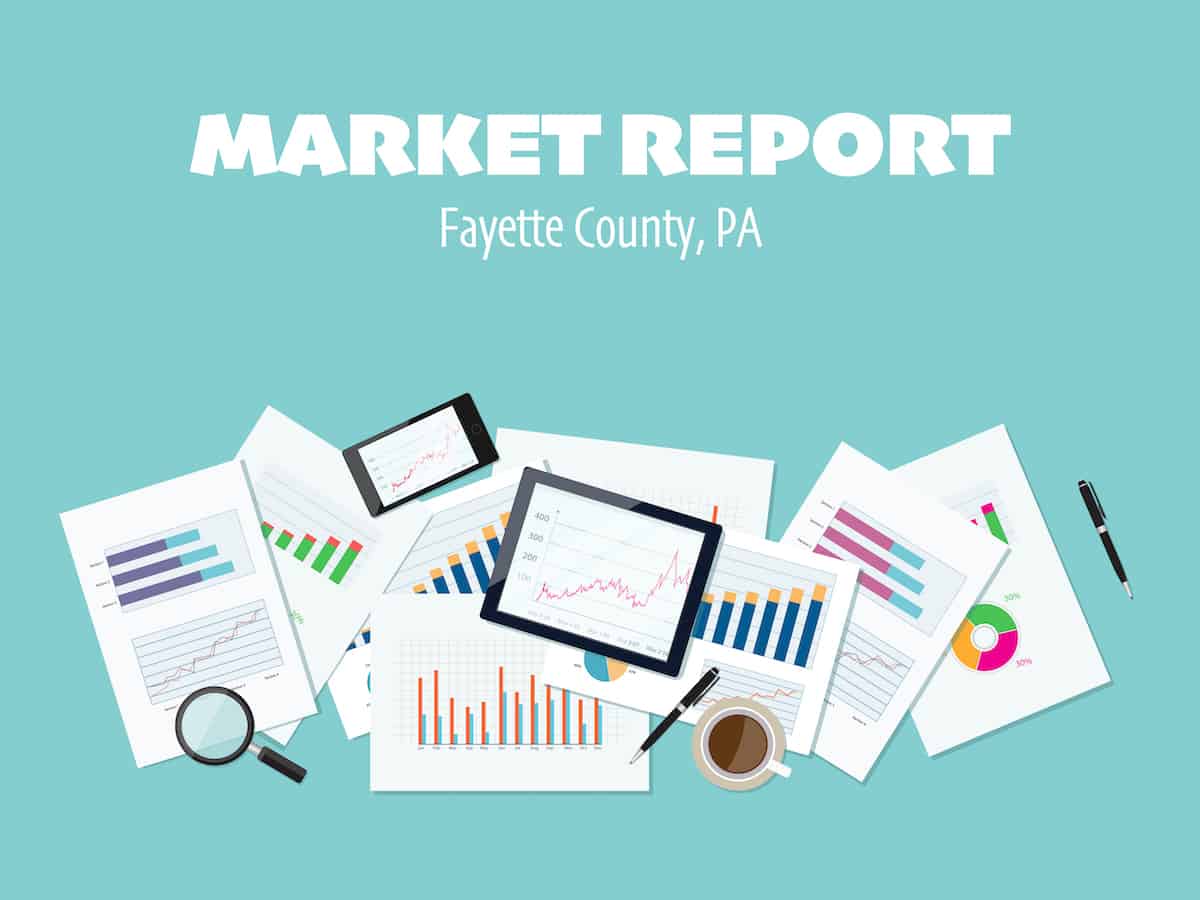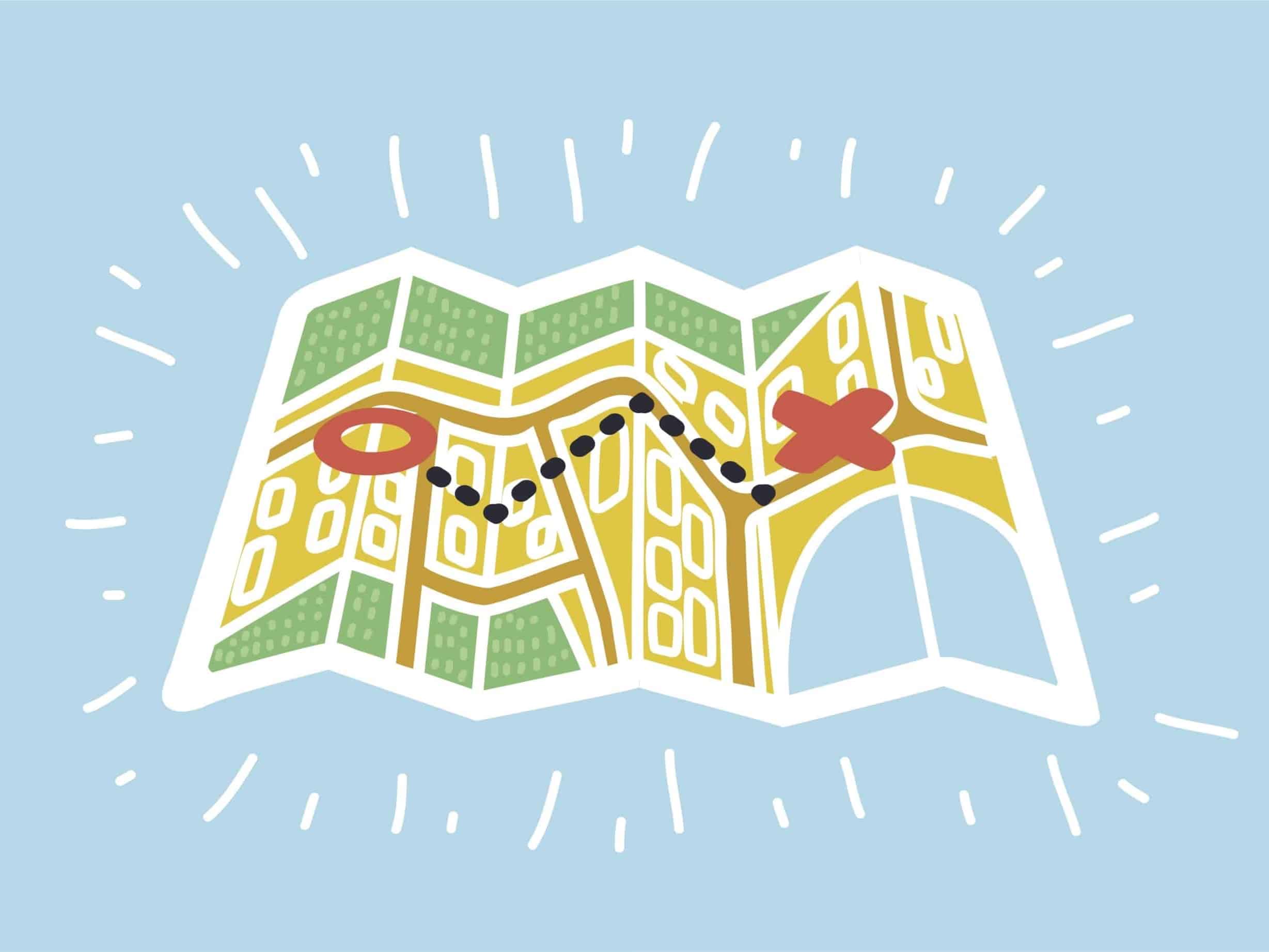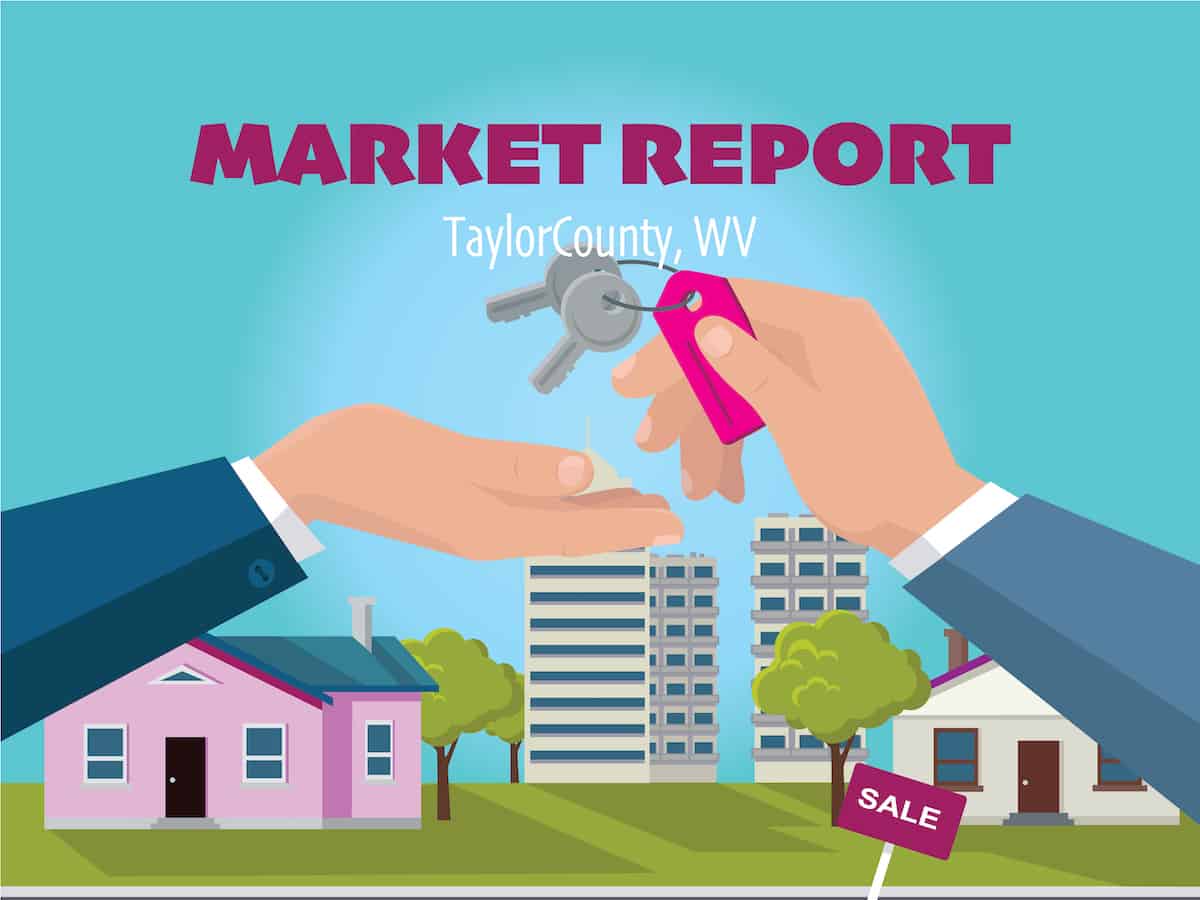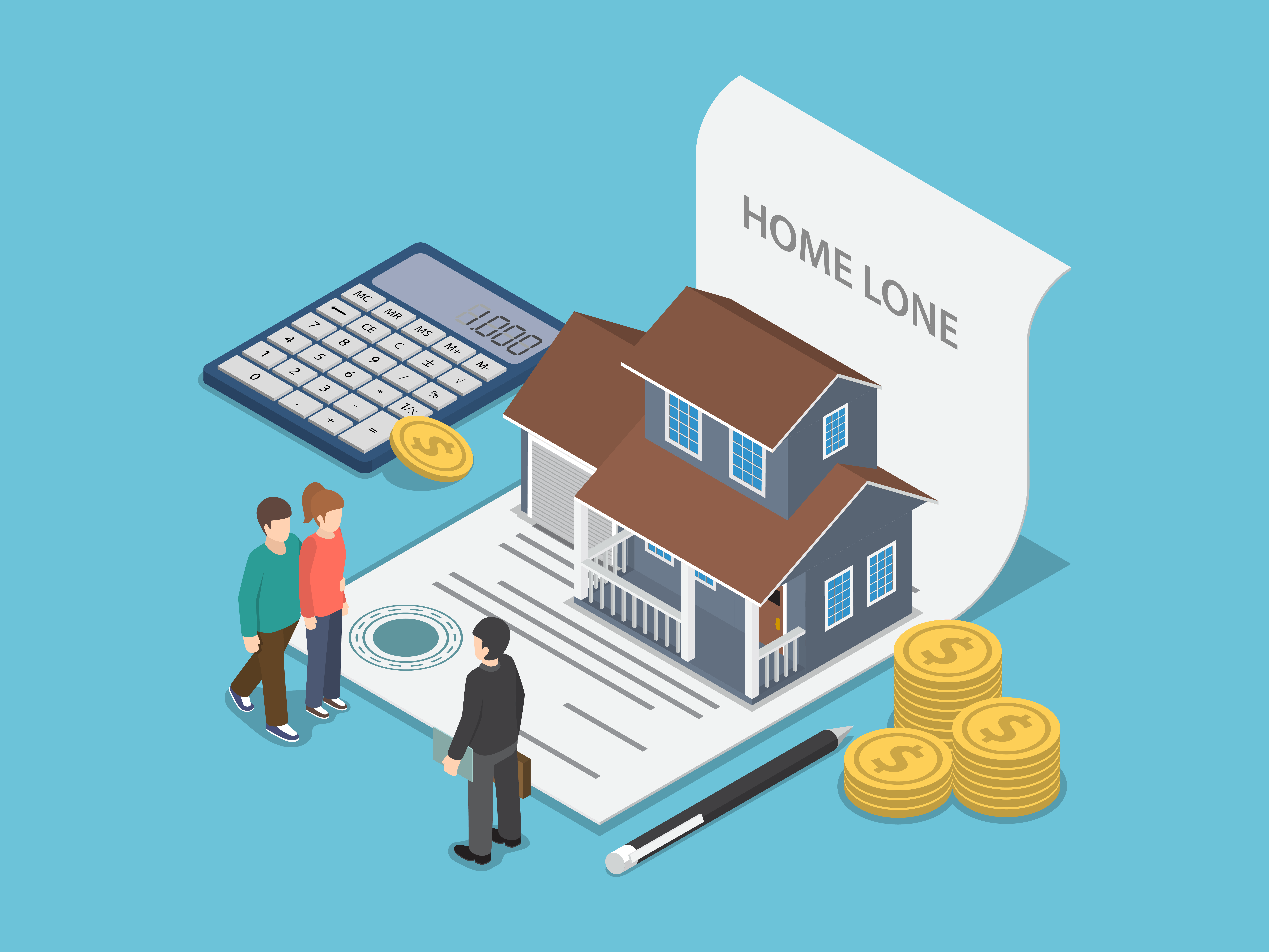Energy-Saving Upgrades Build Value While Enhancing Comfort
Savvy homeowners know that a great buy is more than meets the eye. While curb appeal, interior updates, and an ideal location are key features, there's another layer that many buyers don't consider: Energy efficiency.
White Diamond researched resources to help Morgantown area homeowners choose the best energy- saving features. We found that much of the research behind recommended upgrades is done right here in Morgantown at the U.S. Department of Energy's (DOE) National Energy Technology Laboratory (NETL). Their findings make a major difference when it comes to being informed about energy usage.
Get ENERGY STAR certified
For example, the DOE's ENERGY STAR program provides guidance for efficiency upgrades. It also provides access to a trained and qualified network of contractors who operate under rigorous quality assurance requirements. Outfitting your new or existing home with more efficient energy systems can mean major savings: an average of $500 per home annually! It also increases a home's resale value, with studies indicating sales price premiums of up to 6% for ENERGY STAR certified homes.
Comfort and value go hand in hand
You can make your home cooler in the summer and warmer in winter by installing a high-efficiency Heating, Ventilation, and Cooling (HVAC) system. When combined with a complete Thermal Enclosure System, you'll not only live in luxurious comfort, but you could also see an average 20% improvement in energy efficiency. For older homes, the results can be higher, with some homeowners reporting savings as high as 50% on utility bills.
Expert recommendations from an award-winning builder
White Diamond spoke with Chris Bailey — owner and operator of Rising Sun Construction in Morgantown — about choosing the proper upgrades. Rising Sun works with sustainable-minded clients looking for high-craftsmanship work for their new home construction, deep energy home renovation, or addition. The company's gorgeous designs have won several awards for energy efficiency.
Bailey says that energy efficient homes should be built "tight," with comprehensive air sealing, quality insulation, and high-performance windows. He strongly recommends selecting an air exchange system that matches the exact climate zone where your home is located. Choosing the right system can be a challenge for inexperienced builders, because West Virginia straddles at least two climate zones. For example, Bailey explained that the difference in climate between eastern and western Monongalia County can be substantial.
This is important because while most air-to-air exchangers installed in northern climates are heat recovery ventilators (HRVs), some home locations are more suited for energy recovery ventilators (ERVs). What's the difference? An HRV is a simpler system, which only recovers heat. It saves money by reducing the energy required to bring outside air up to room temperature. Meanwhile, an ERV regulates both heat and humidity. This means it maintains your home's ambient humidity at a comfortable level, no matter the season. Since choosing the correct system for your home results in a healthier living space and greater energy savings, Bailey stressed the importance of hiring a professional contractor with a track record of building energy-efficient homes.
Score your home's energy usage
Before calling a contractor, homeowners can educate themselves by conducting a walk-through to pinpoint potential problems and prioritize upgrades. Another resource is the DOE's Home Energy Score, which allows homeowners and buyers to compare energy use across the housing market.
That's not all. The Home Energy Saver helps consumers identify the best ways to save energy, while Mon Power – First Energy also provides a free tool to help analyze your household energy use.
Of course, you can't go wrong with hiring professional to provide a thorough analysis of your home's energy use. Check out the Energy Saver 101 home energy audit infographic to learn about what energy assessors look for and to learn more about the special tools they use to conduct an assessment. Thinking of installing solar panels? You can request an energy audit through DASolar.
Lastly, West Virginia's building code includes requirements for energy-efficiency testing and audits. If you're considering upgrades for energy efficiency, there are energy raters and testers in West Virginia who can help.
Invest in Zero Energy Ready construction
Modern homes that offset an owner's annual energy consumption run quieter, work smarter, enhance comfort, and last longer. Builders certified via the DOE's Zero Energy Ready Home program are recognized for their leadership in increasing energy efficiency, improving indoor air quality, and making homes zero energy ready. The cost-effective program helps builders reach unparalleled levels of performance with homes designed to last hundreds of years!
Qualify for rebates, tax credits, or even direct funding
Homeowners making their homes more energy efficient may be eligible for financial incentives and assistance in the form of rebates, tax credits, or financing programs. You can learn more at the DOE website. In West Virginia, funding is also available for eligible weatherization projects. To learn more, see the State of West Virginia’s 2022 program guidance.

